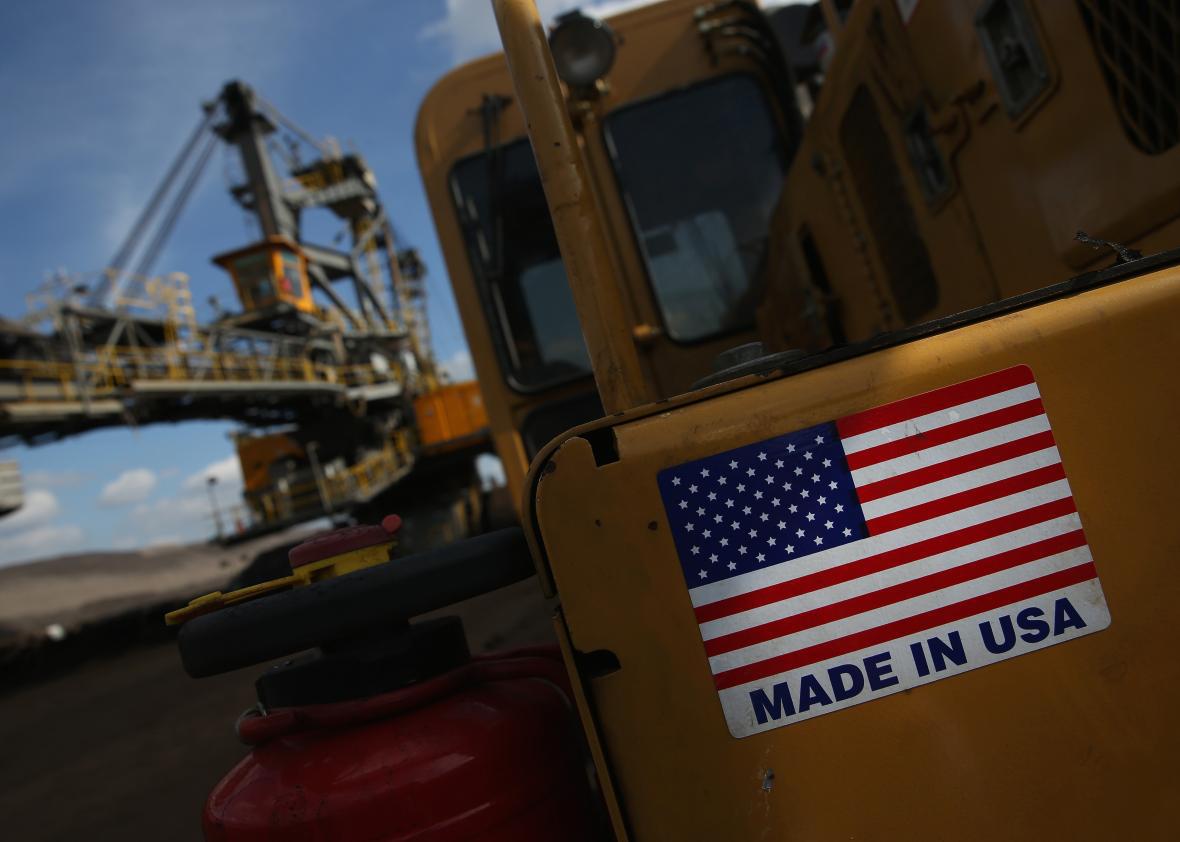What does the label “Made in USA” really mean? Does it refer to assembly, manufacturing, or both? If something as small as a product’s buttons or screws is imported from overseas, can a company still tout its homegrown bona fides?
These are questions the Federal Trade Commission considers when it evaluates companies’ American-made claims. Because consumers are more likely to buy something if they think it’s made here (8 in 10 Americans say they’d rather buy an American-made product than an imported one, according to a Consumer Reports survey), companies may have an incentive to make misleading or deceitful “Made in USA” labels. And the FTC looks out for that.
Recently, the agency closed an investigation into the Kansas City–based watchmaker Niall Luxury Goods, which sourced some of its watch movements such as mechanical gears and springs from Switzerland, according to Marketplace. In a letter to the watchmaker’s lawyer, the FTC said that Niall “overstated” the extent to which its watches were made in the U.S. Because the Swiss components are “essential to the function of the watch,” the FTC pushed Niall to clarify its marketing to reflect that.
Niall complied (it would’ve been fined if it didn’t), and the investigation was dropped. But if you look at how vague the “Made in USA” guidelines actually are, it’s unclear how Niall—or any U.S. company—is supposed to know whether they’re following the rules. The FTC says that “all or virtually all” of the product has to be made in America, and that “all significant parts, processing, and labor that go into the product must be of U.S. origin.” With terms like “virtually all” and “significant,” whether or not a product is considered homegrown becomes a question of semantics. It mirrors the fraught definitions of “organic” or “natural” food.
That’s why Detroit-based Shinola, which makes watches, bikes, and leather goods, is using the slogan, “Built in Detroit” instead of “Made in USA.” While some of its parts come from Switzerland, China, Japan, Italy, and beyond, the company stresses its U.S. assembly. “4,000 miles from Switzerland, a new gold standard in watchmaking is being built by hand in Detroit,” one of Shinola’s advertisements reads. While you could argue that the slogan is misleading, the company’s website lays out exactly where each component is sourced. And only small parts—zippers, clasps, crystals—are manufactured abroad.
“Shinola’s mission has been, and will continue to be a job creation vehicle as opposed to a company whose mission is about the technical fine points that are necessary in describing our products as ‘Made in America,’” a Shinola representative said in a statement.
Those technical fine points are something that California, the only state that doesn’t follow the FTC standard, doesn’t mess around with when it comes to American-made ethos. Until recently, the state law required that 100 percent of a company’s products had to be made and assembled here if they wanted to claim the official label. After the business community argued that standard was unnecessarily burdensome, California lawmakers lowered the bar to 90 percent. But even if more California companies can proudly tout “Made in USA,” that doesn’t mean they’re bound to succeed. As bankrupt American Apparel found out, the patriotic badge of honor can only take a company so far.
